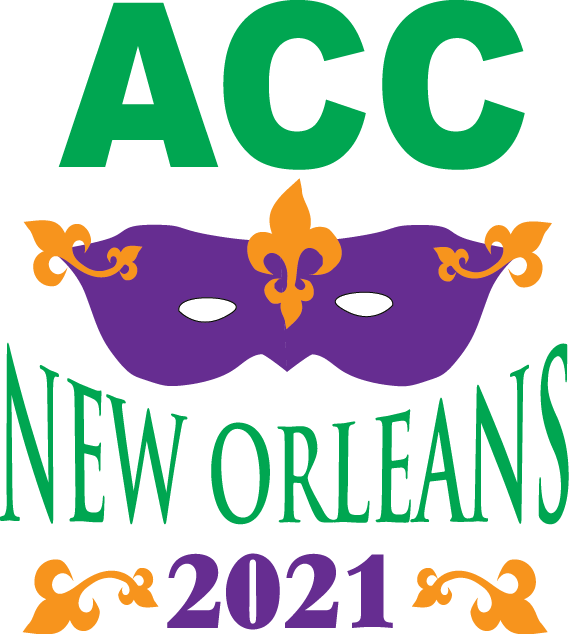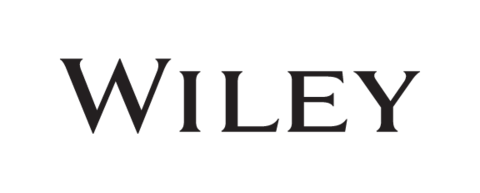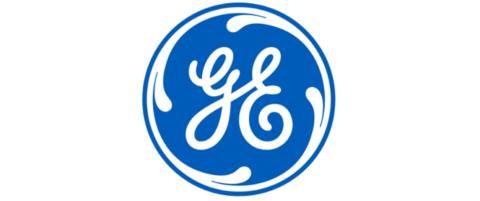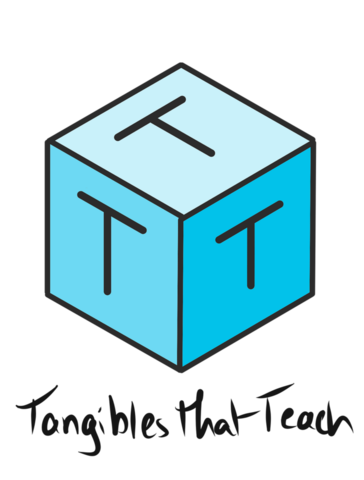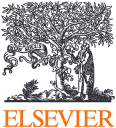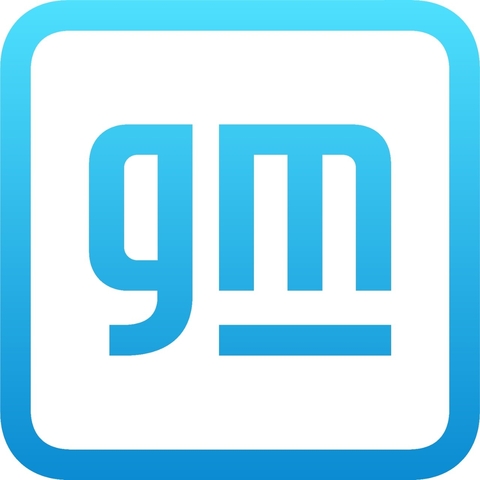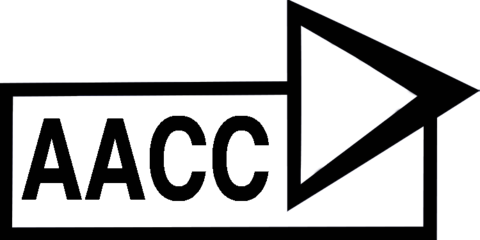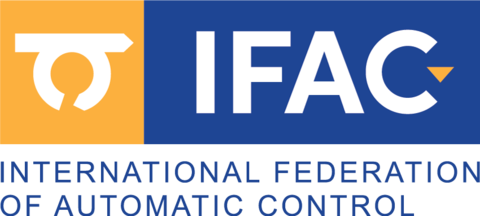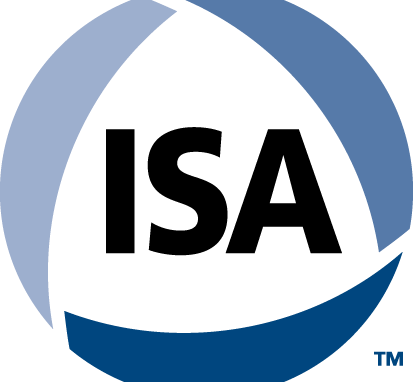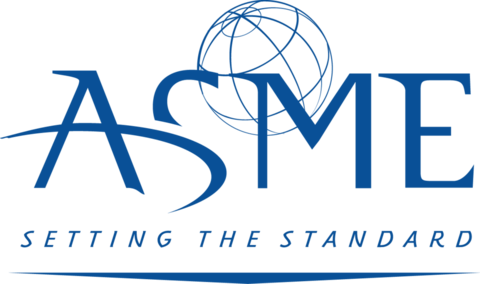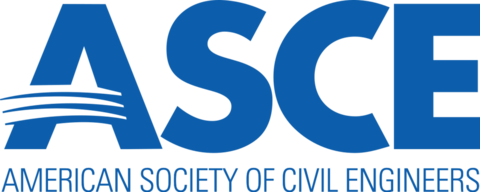May 25, 2021
- Special Session
ACC 2021 Women in Control Webinar
― EDT - Special Session
Diversity and Mentorship
― EDT - Special Session
Fundamental Research with Real-world Impact at Mitsubishi Electric Research Laboratories
― EDT - Special Session
Getting Funded by NSF
― EDT
May 26, 2021
- Special Session
IEEE CSS Young Professionals
― EDT - Special Session
Middle and High School Student & Teacher STEM Workshop
― EDT - Special Session
Celebration of 20 years of NSF Workshops for High School Teachers of Math and Science
― EDT
May 27, 2021
- Special Session
Halliburton Special Session
― EDT - Special Session
Teaching Modeling and Controls with the MATLAB Live Editor
― EDT - Special Session
Overview of NSF Programs
― EDT - Special Session
Exploring Your Publishing Options: Hear From the Experts
― EDT
May 28, 2021
- Special Session
More Material and More Immaterial
― EDT
Special sessions are focused events to spotlight emerging research areas, funding opportunities, and other topics of broad interest to the conference attendees. Examples include industry-led, research sponsor-led, education-themed, and history sessions. Special sessions usually do not include presentations of papers that are peer-reviewed, that would be included in the conference proceedings.
To propose a special session, please submit the proposed session title, a half-page description of the session objectives and motivation, and names and brief biographies of the proposed speakers.
"Diversity and Mentorship”
May 25: 12:30pm-1:30pm
Lead organizer: Udari Madhushani
Abstract: Diverse research communities bridge different perspectives and complementary skill sets, which, in turn, leads to better problem solving and more creative solutions. Personal and professional development of researchers from underrepresented backgrounds is often influenced by an effective mentoring infrastructure that not only creates an inclusive environment but also facilitates exposure to opportunities for their career advancement. Therefore, it is imperative to identify and understand effective strategies that promote the advancement of researchers, both with regards to seeking and providing mentorship, so that a diverse research body populates all institutional levels. The objective of this session is to address the relationship between diversity and mentorship and the beneficial impact one may have on the other.
“Fundamental Research with Real-world Impact at Mitsubishi Electric Research Laboratories”
May 25: 2:00pm-3:00pm
Lead organizer: Stefano Di Cairano
Abstract: In this talk we will present an overview of research activities at MERL, including fundamental research in control and its application to a variety of future products. We will focus on fundamental research topics including model predictive control and the control of constrained systems, estimation and motion planning for autonomous systems, real-time optimization and integration of learning and control methods. Then, we will describe how these fundamental research areas have impacted real world applications and products such as autonomous vehicles, energy-efficient HVAC systems, high-precision manufacturing, and spacecraft guidance and control. We encourage students and researchers interested in collaborating with MERL to attend this talk and inquire of opportunities.
“Getting Funded by NSF”
May 25: 3:30pm-5:00pm
Lead organizer: Irina Dolinskaya
Abstract: So, you think you have a great research idea, now how do you get funding from the National Science Foundation (NSF) to do the work? A well-scoped and written proposal is instrumental to successful submission. This session targets junior faculty and researchers who might be new to NSF and describes detailed guidelines and practical advice for proposal preparation. The presenter will go over NSF review process and Intellectual Merit and Broader Impacts criteria, as well as share most common mistakes made by the Primary Investigators when submitting a proposal. Question-and-answer session will follow the presentation.
"Middle and High School Student & Teacher STEM Workshop”
May 26: 1:00pm-4:15pm
Lead organizer: Daniel Abramovitch
Abstract: This outreach event is designed to introduce the principles and structure of feedback and control to a new generation of middle and high school age students and their teachers. Our focus will be on the students, not the controls researchers, but teachers and parents are welcome in the session. The workshop itself will consist of a combination of live and recorded presentations from controls researchers from around the world who have shown an enthusiasm for system theory to students that have not yet had calculus. There will be introductory material provided online in advance so that students come into the workshop with a basic idea of what they will learn and why it is important. Following this, there will be a series of talks on different aspects and applications of control systems.
"Celebration of 20 years of NSF Workshops for High School Teachers of Math and Science”
May 26: 4:30pm-5:30pm
Lead organizer: Bozenna Pasik-Duncan
Abstract: This year marks the 21st anniversary of the Ideas and Technology Control Systems workshops for middle and high school teachers and students, renamed recently as the Power, Beauty and Excitement of Cross-Boundaries Nature of Control, a Field that Spans Science, Technology, Engineering & Mathematics (STEM). These workshops are held twice a year in conjunction with the ACC, CDC and IFAC Meetings and Congresses. During the last twenty one years, over 20,000 middle and high school students and their teachers as well as undergraduate students have been reached through our educational activities. Over 200 volunteers from academia and industry have shared their passion and enthusiasm for control and systems ideas and applications. This Special Session focuses on reflections and perspectives on the expected outcomes of the First Outreach Workshop and on 21 years of the Control Outreach Program sponsored by AACC and co-sponsored by IEEE CSS and IFAC. Past, current and future expected outcomes of control outreach activities will be discussed with keynote speakers and participants.
“Halliburton Special Session”
May 27: 12:30pm-1:30pm
Lead organizer: Robert Darbe
Abstract: TBD
“Teaching Modeling and Controls with the MATLAB Live Editor”
May 27: 2:00pm-3:00pm
Lead organizer: Melda Ulusoy
Abstract: Teaching modeling and control of dynamic systems is challenging because the topic requires significant mathematics and can be somewhat abstract. In this session, Professor Richard Hill demonstrates how to use the MATLAB Live Editor to help your instruction come alive. The use of the Live Editor allows you to create live scripts that combine code, formatted text, and graphics to generate clear professional materials. By embedding live controls such as numeric sliders, buttons, and drop- down lists, you can create lectures that illustrate complex topics through interactive figures. These live scripts can also be deployed as in-class activities for students and as interactive homework assignments that help students build intuition for course material and construct meaning for themselves. Pedagogical research clearly demonstrates the benefits of inquiry-based, active learning. Specific examples will be demonstrated showing how to use live scripts to illustrate the mathematics of control, as well as to teach the graphical tools central to controller design such as the Bode diagram and root locus. Further cases will be presented demonstrating how interactive live controls can teach students the iterative nature of controller design and tuning. The examples shared in this session align with the popular web- based Control Tutorials for MATLAB and Simulink (ctms.engin.umich.edu).
“Overview of NSF Programs”
May 27: 3:30pm-4:30pm
Lead organizer: Irina Dolinskaya
Abstract: The National Science Foundation (NSF) offers a number of funding opportunities for investigators working in the field of controls, both within the disciplinary programs in Engineering and other directorates, and through cross-cutting initiatives that are foundation-wide. This presentation will describe opportunities that are relevant to the robotics, dynamics and controls communities. The presentation will also describe programs targeted toward junior investigators, as well as guidelines for proposal preparation and NSF’s Intellectual Merit and Broader Impacts criteria. Question-and-answer session will follow the presentation.
“More Material and More Immaterial”
May 28: 12:30pm-3:30pm
Lead organizer: Eric Feron
Abstract: Higher level engineering course instructors are increasingly developing more flexible ways of teaching, including low-cost individualized projects and interactive video lessons. These flexible methods are showing promising results, with hundreds of thousands of YouTube channel subscribers, tens of thousands of low-cost kits sold, awards for these instructors, and research showing the benefits of these flexible teaching methods. With remote education becoming incorporated into the new norm, we envision a world in which flexible teaching methods combined with traditional methods create a palette for instructors to use, catering to their teaching styles, the courses taught, and the students’ methods of learning. We propose a panel of experts in these flexible teaching methods to share the current innovations, successes, and lessons learned with attendees. Our panel includes world renowned experts in controls education from Matlab Tech Talks, Kennesaw State University, University of South Alabama, Brigham Young University, Georgia Institute of Technology, Massachusetts Institute of Technology, and King Abdullah University of Science and Technology, who combined have over 51 years of experience instructing, 263 publications, and multiple low-cost kits currently available.
“Exploring Your Publishing Options: Hear From the Experts”
May 27: 5:00pm-6:00pm,
Lead organizer: Kelly Kerridge
Abstract: Wiley wants to help you make an impact with your work by getting published, in the right place at the right time. In this session we’ll hear from experts covering the different options: publishing an article in a journal, and publishing a book. We’ll delve into the ways publishing can enhance discoverability and visibility, the role of peer review and selection in quality assessment, choosing the right format for research, professional or educational content and the depth and breadth of coverage. We’ll discover the benefits – for authors, the control engineering community, and for society - of getting published, and look at how to make that important decision… where should you publish? We’ll walk you through some of the processes involved in getting published and ways you can promote your own work afterwards. Finally, we’ll introduce you to some of our flagship titles and the aims and scope of those to help you make an informed choice, and tell you about our publications with key societies.
